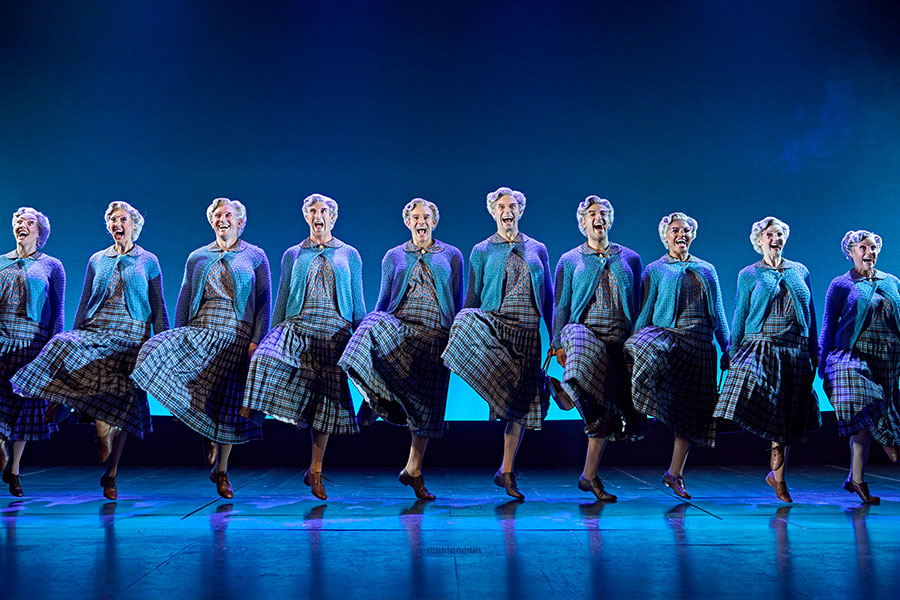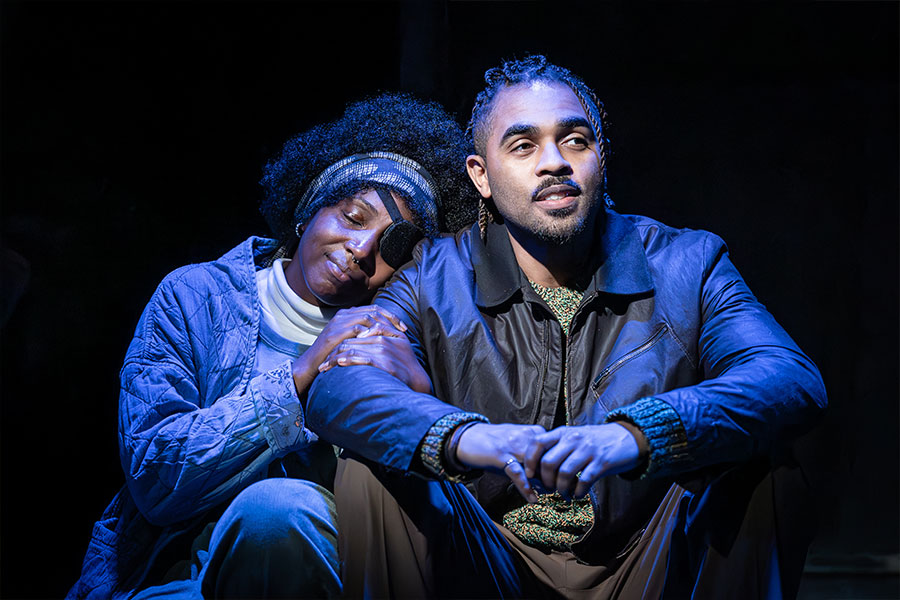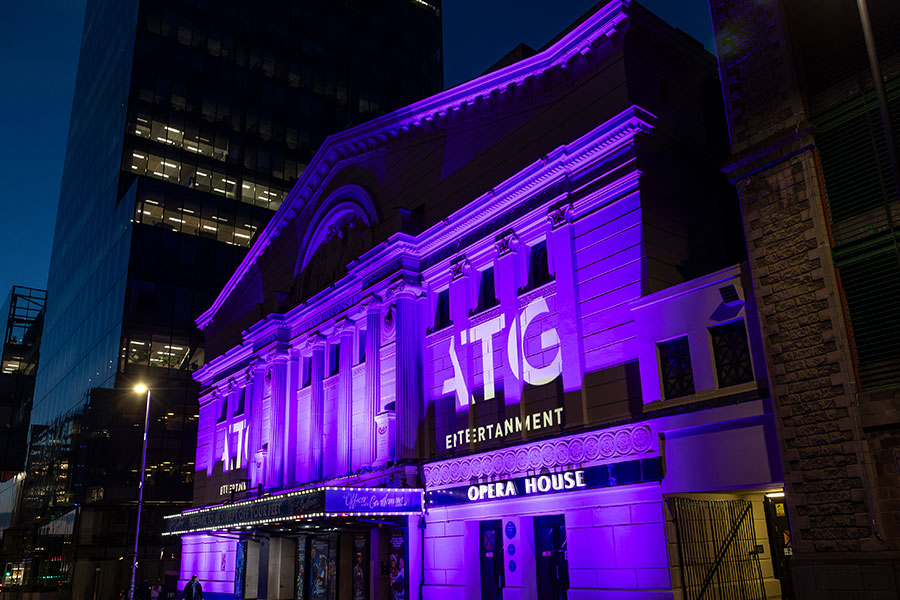Antigone (tour)
It seems doubtful whether Sophocles wanted it this way, but Northern Broadsides’ Antigone, in a new version “translated and adapted” by Blake Morrison, should clearly be called Creon. The unbalanced dominance of the dictator of Thebes in this production reduces his rebellious niece almost to the status of a bit part and enfeebles one of the great tragic myths of classical literature.
That myth – in which an individual, emboldened by the moral certainties of true justice, defies the opportunistic law laid down by a tyrant – has been a serviceable parable down the centuries. The two sons of Oedipus war with each other over the rule of Thebes and end up killing each other. Their uncle, Creon, steps into the void and appoints himself ruler, honouring one of the sons and branding the other a ‘terrorist’: he orders Eteocles to be buried with all due pomp, but commands on pain of death that the body of Polyneices be left unburied outside the city to putrefy and feed the vultures. Their sister Antigone, however, insists that each should be honoured equally, choosing death for herself by burying Polyneices.
The troubles with Morrison’s version are two-fold. First, whilst it is legitimate to see clear parallels between isolationist Thebes and the US today, it’s over the top to have Creon ranting about terrorism and “shock and awe” like some wonk from the Pentagon. Second, we’re told in a scholarly programme note that Sophocles’ dialogue was admired for its use of ‘plain words’ and is thus ideal for conversion into contemporary Yorkshire vernacular. But when Creon damns Polyneices by saying that he “buggered off and married some foreign tart”, and speaks to Antigone of her father Oedipus as “your mother-fucking dad”, we’ve gone way beyond Yorkshire vernacular into universal yobbishness. Cue audience giggles.
The presiding genius at Northern Broadsides is the company’s only begetter, Barrie Rutter, and here we have him both as director and as Creon. Rutter is a good actor, sometimes a fine actor, with a clarity of speech one would wish on much more of the British theatre. He is, however, a stranger to subtlety, and his Creon’s response to being crossed by Antigone is ever to up the volume and stomp about the stage bug-eyed, arms rigid at 45 degrees to his body, like Petrushka in a leaden grey suit. His great dictator is more Chaplin than Hitler, and the erratic vacillations that Creon is heir to come across more like the petulance of a mill-owner in some early 20th-century domestic drama than tragic flaws in an otherwise great ruler.
In the face of such stage-hogging, there’s a beautiful steely stillness about Sally Carman‘s Antigone and some superb comic counterpointing from Conrad Nelson as the guard. The chorus of seven (for the seven city gates of Thebes) has the clogging and musical moments which Northern Broadsides seems to regard as de rigueur, but many of its verbal interpolations – like a series of statements about love which are recited like Christmas cracker mottoes – serve to emphasise the extent to which the adaptation has failed to find an adequate linguistic correlative to the tragic muscle of Sophocles.
– Ian Watson (reviewed at Salts Mill, Shipley)










